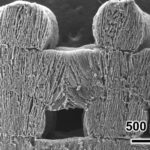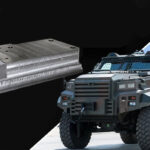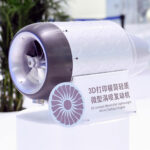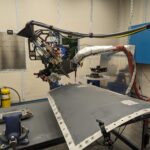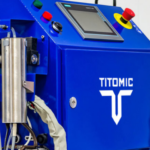The University of Sheffield has acquired a Freemelt ONE Electron Beam Powder Bed Fusion (PBF-EB) machine from Freemelt AB. This metal printing system will propel research and development efforts in producing tungsten components crucial for fusion energy power plants.
Tungsten, with its exceptional mechanical strength, corrosion resistance, and the highest melting point among elements, stands as an ideal material for applications in extreme temperature environments, such as those encountered in fusion energy production. Traditional manufacturing methods struggle with tungsten due to its extreme melting temperature, making additive manufacturing an attractive and innovative solution for tungsten fabrication.

Freemelt CEO Daniel Gidlund expressed pride in this milestone collaboration with the University of Sheffield, positioning Freemelt at the forefront of PBF-EB research. Gidlund emphasized the significance of this move within the context of the UK’s leading role in renewable energy research, noting the increasing interest in Freemelt’s solutions for enhancing tungsten applications.
The collaboration not only marks a technological advancement but also signifies Freemelt’s role in contributing to the UK’s pursuit of a greener and more sustainable energy industry. The University of Sheffield’s adoption of Freemelt ONE signifies a pivotal step in advancing fusion energy research. This collaboration harnesses innovative technology to overcome manufacturing challenges, contributing to the evolution of a more sustainable energy landscape.
Come and let us know your thoughts on our Facebook, X, and LinkedIn pages, and don’t forget to sign up for our weekly additive manufacturing newsletter to get all the latest stories delivered right to your inbox.


